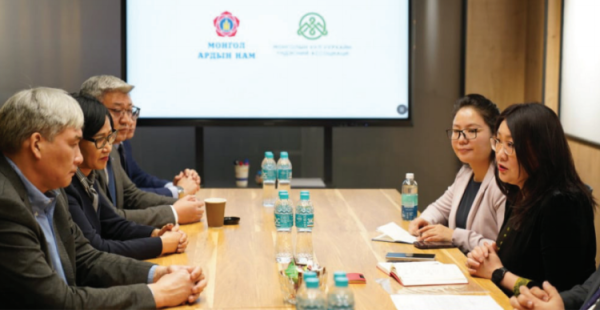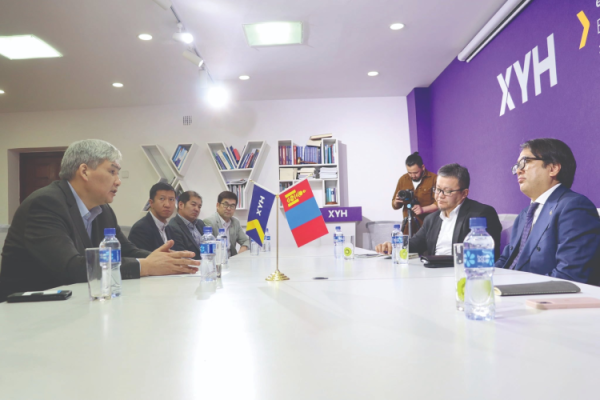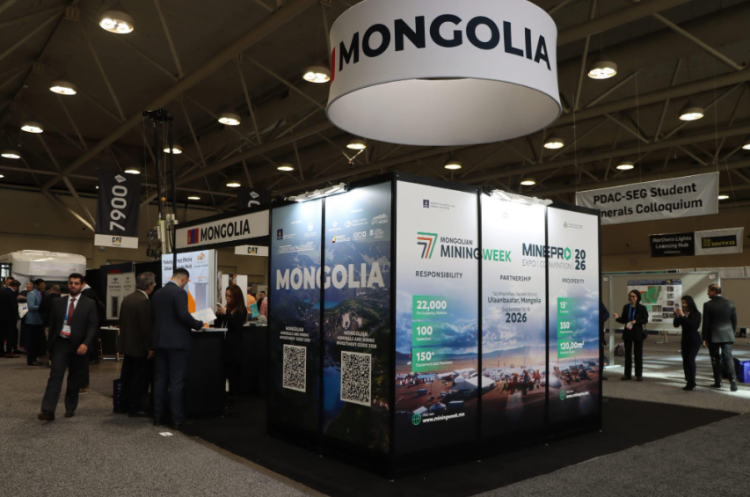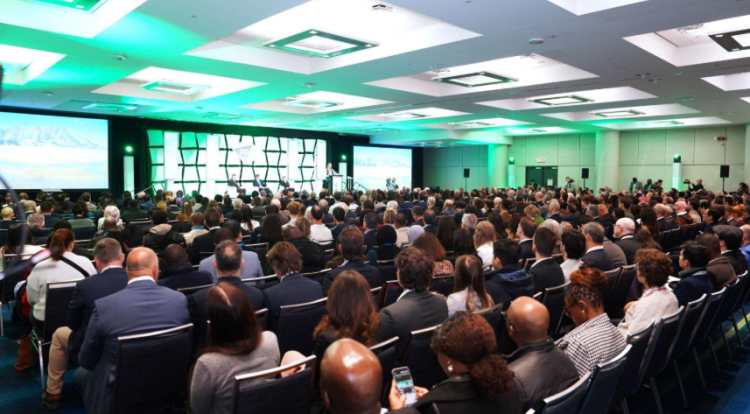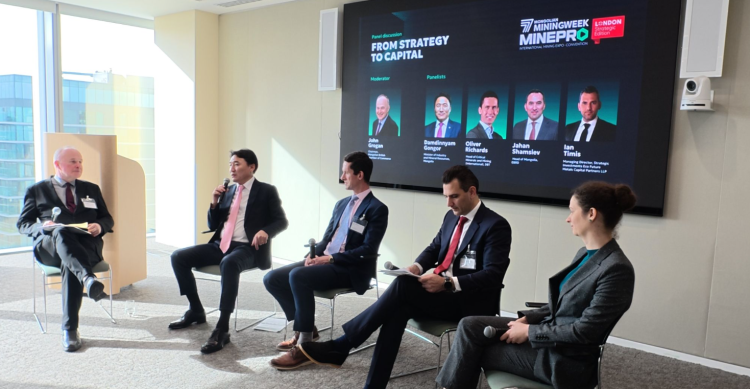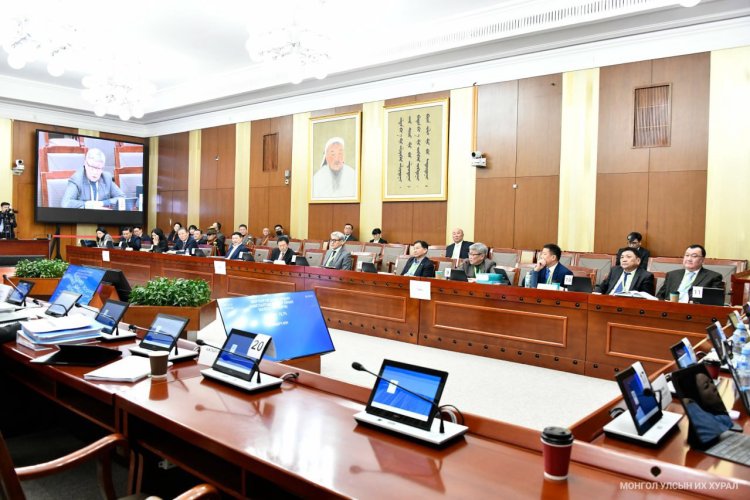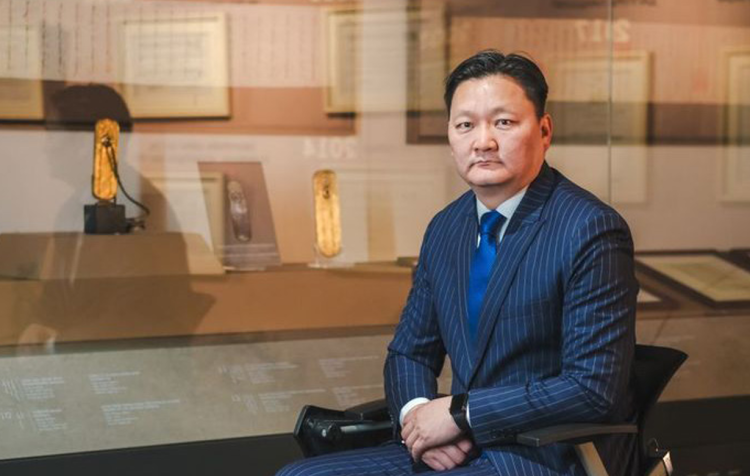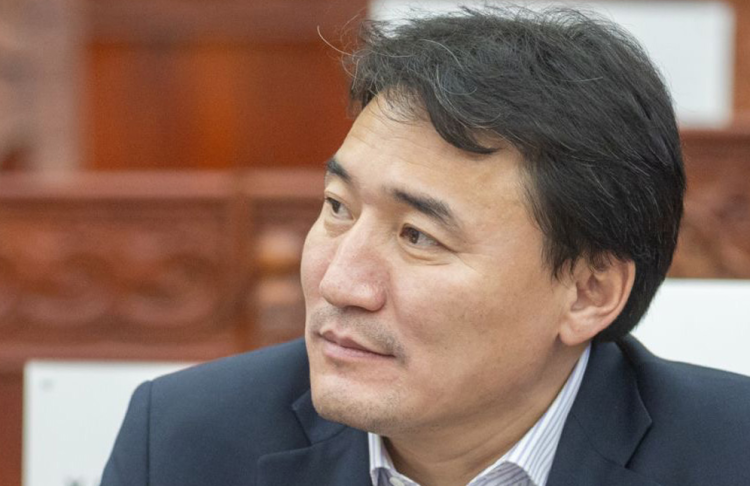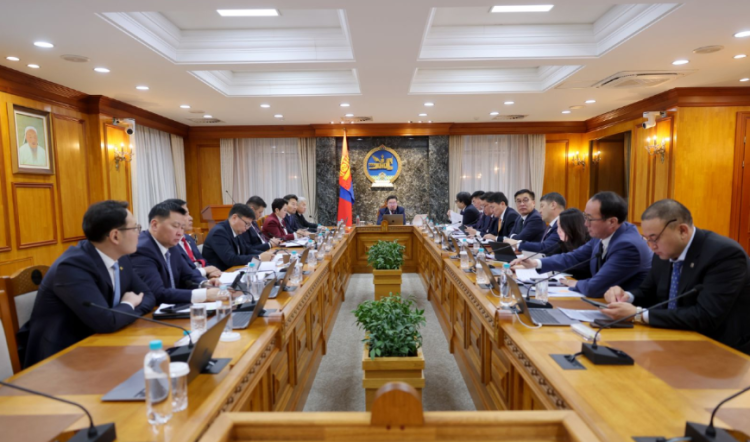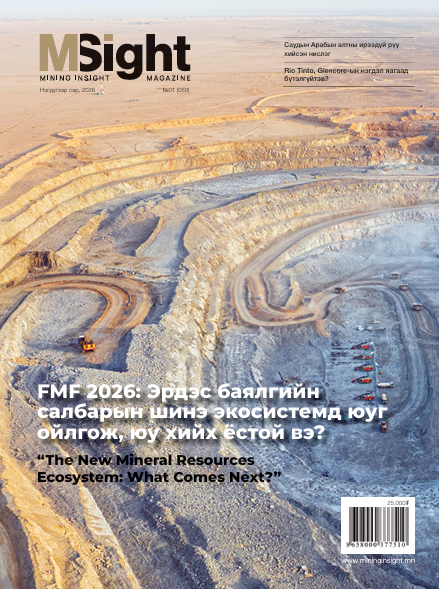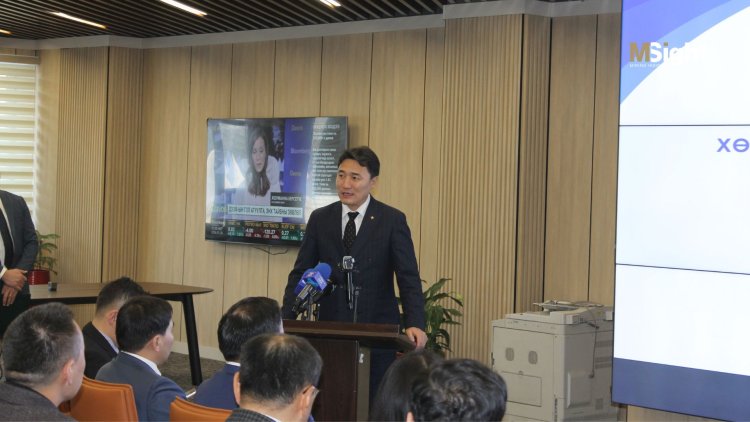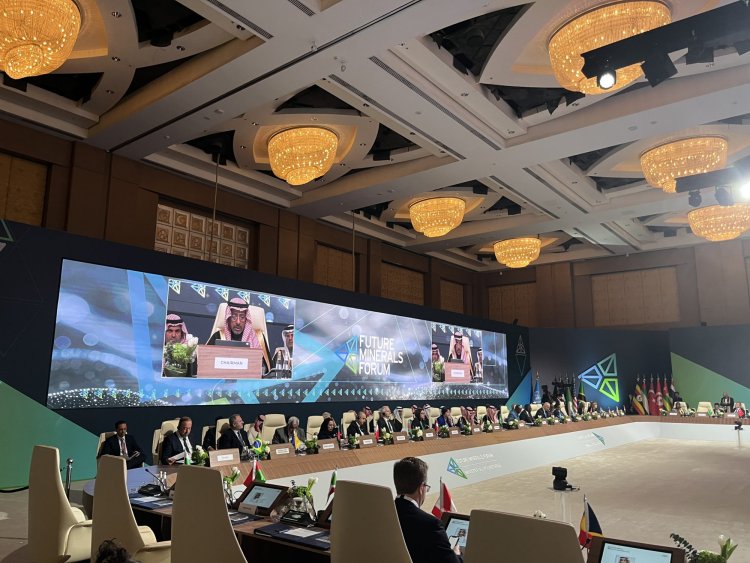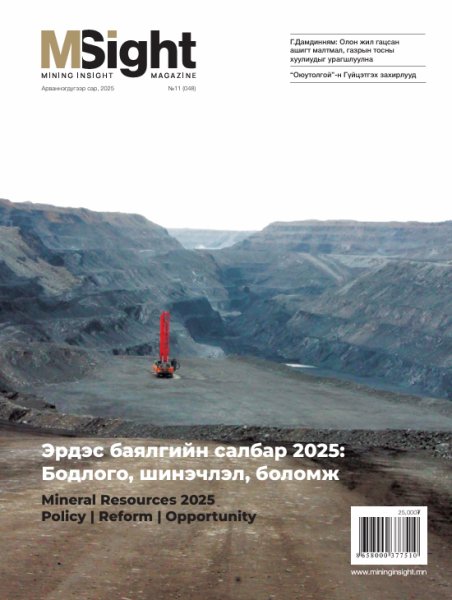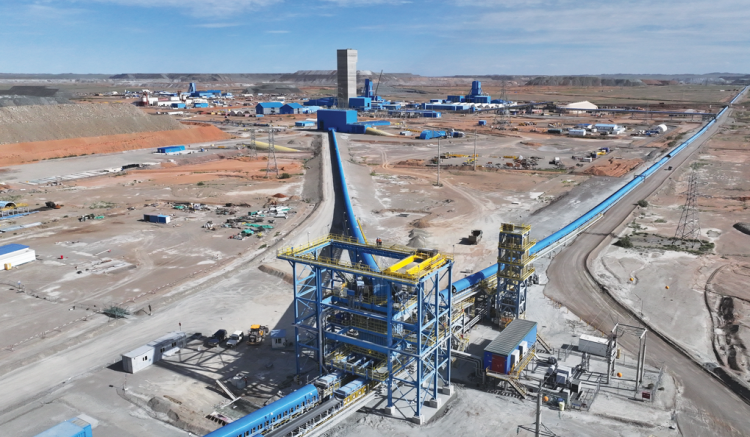For the first time, the mining industry has reached out to political parties, submitting proposals for inclusion in the parliamentary election platform. They urge parties not to politicize or oversimplify the industry, which serves as the primary economic driver. The growth of the mining sector has significantly contributed to short-term post-Covid economic recovery, exchange rate stability, and fiscal revenue growth. Mongolian National Mining Association (MNMA) highlights the importance of government policy in supporting the sustainable development of responsible mining and requests specific proposals be incorporated into political party platforms.

Last year, mining companies faced their greatest challenge: energy and fuel constraints. Specifically, last autumn saw restrictions on domestic fuel consumption due to limited supplies from Russia, adversely affecting mining operations. Additionally, the energy shortages of last winter further exacerbated the situation for these companies. These occurrences underscore the absence of a coherent government policy in the mining sector, which serves as the country's economic backbone. The Board of Directors of MNMA convened with leaders from the Mongolian People’s Party (MPP), Democratic Party (DP), and National Labour Party (HUN), emphasizing the imperative of sustainable industry development. They urged for policy measures to prevent the recurrence of such crises and requested the inclusion of this issue on their agendas. MNMA presented six key proposals, encompassing heightened exploration efforts, alignment with sustainable practices and expansion, diversification of energy sources, alleviation of burdensome taxation for stable company operations, and initiation of largescale projects poised for implementation. The Chairman of MNMA Battsengel. G highlighted, “Mining serves as the primary engine driving the economy.
However, this industry consistently grapples with populist sentiments. While the benefits derived from mining should ideally contribute to enhancing the nation's living standarts, it's evident that the issue lies not within the sector generating income, but rather in the decisions made by authorities governing its expenditure. Moreover, the challenge of energy supply extends beyond the mining sector alone; it impacts the entire nation. Dependence on energy sources significantly affects sustainable business operations. Additionally, there is a critical need to enhance the tax and investment environment. As our country strives to compete globally and attract investment, it becomes apparent that mining, whether we like it or not, stands as a sector capable of drawing foreign investments. Both the mining sector and other industries can flourish through investment.”
The DP has expressed its commitment to integrating the proposals put forth by MNMA into its agenda. The First Deputy-Chairman of DP Bayartsogt. S stated, "We endorse the idea of liberalizing exploration licenses, aiming to counteract the populism that hinders the formulation of effective policy solutions for mega projects. The foundation of Mongolia's economy lies in the mining industry. Therefore, we eagerly welcome your business and policy suggestions and initiatives, which we will integrate into our agenda.” On the other hand, Dorjkhand. T, the leader of the HUN party, affirmed that the party, being right-centered and supportive of businesses and creative freedom, will fully embrace these proposals in its platform.
Proposal presented by the Mongolian National Mining Association to be included on the platforms of political parties in parliament:
Mining Insight Magazine, March 2024 (028)



